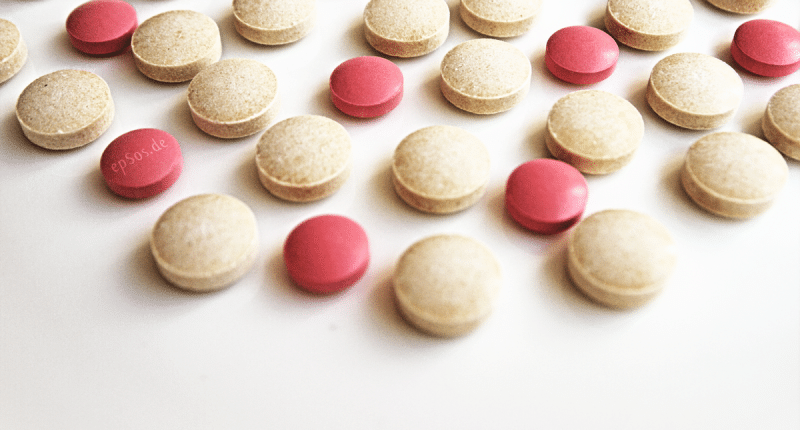We are only halfway through the week and already India’s blooming startup culture just continues to churn out gems. In what will surely go down in the history of the country’s start-up ecosystem, a new unicorn has risen in India for the third consecutive day.
PharmEasy, the online pharmacy delivery start-up, has become the latest name on the list. Its parent company API Holdings has now raised $350 million in a funding round led by Prosus Ventures, the venture investing arm of South African technology and media conglomerate Prosus, and US-based private equity firm TPG Capital. While the company did not disclose the valuation, sources have said it was closed at $1.5 billion.
Pharmeasy is the seventh unicorn to rise in India this year. It comes after Digit Insurance, Innovaccer, Infra.market, and Five Star Business Finance, and the third this week after social commerce start-up Meesho and fintech platform CRED, the firm plans to use the funds to deepen its market engagement to over 1, 00, 000 pharmacies and over 20 million patients in the next 12 months. It also plans to expand its presence beyond the 100 cities where it is present today.
Siddharth Shah, co-founder and CEO of API Holdings, said, “I am particularly proud that we have been able to not only provide consumers with much faster and easier access to the healthcare products and services they need but that we have been able to do so by empowering and digitizing 60,000 small pharmacy stores that provide such an essential service to the Indian public.”
The funding round, which was a combination of both primary (two-thirds) and secondary funding (one-third) with a total of $323 million (with an additional $27 million executed and closing imminently, from Prosus Ventures (formerly Naspers Ventures) and TPG Growth) also included existing investors including Temasek, CDPQ, LGT Lightrock, Eight Roads & Think Investments.
Shah said that they would continue to invest significantly in the supply chain, adding that the company’s model was to digitize existing pharmacies by connecting them to an efficient supply chain. “It took us eight years to reach 80,000 pharmacies and in the next two years we want to get to 120,000 more pharmacies,” he said.
API Holdings connects more than 60,000 brick and mortar pharmacies and 4,000 doctors in 16,000 pin codes across India. It also provides SaaS solutions for pharmacies to use in procurement, as well as delivery and logistics support, and credit solutions to buy over 200,000 medicines from more than 3,000 pharmaceutical manufacturers.
PharmEasy’s parent company said that its business-to-business (B2B) recorded gross merchandise values (GMV) of around ₹600 crore per month, while its front-end online pharmacy recorded an additional ₹240 crore to retailers on its platform.
The digital pharmacy sector in the country has been growing fast, mainly owing to a lot of investment and consolidation in 2020. Giants like Reliance Industries have led (it acquired Chennai-based NetMeds), while Amazon entered the arena with Amazon Pharmacy. Tata Group is discussing picking a majority stake in online pharmacy 1mg. PharmEasy has not fallen behind, acquiring Medlife in March 2021 in exchange for a 19.59% stake in the company last year, a deal which was estimated to be valued at $240 million.
Asutosh Sharma, Head of India Investments, Prosus Ventures, said, “We are always looking for big areas of consumer spend that are ripe for disruption, and outpatient healthcare in India fits perfectly within that remit. API Holdings has built a comprehensive solution that meets the needs of key players in the healthcare ecosystem in India and their platforms have the potential to become so much more over time.”
The pharmacy sector in India is disorganized and archaic, lacking proper retail chains and placing a lot of importance on middlemen. The fact that it falls short of meeting the soaring demands is thus, not surprising. This is why the advent of large players like Reliance, or others like PharmEasy, is much welcomed as they can help digitize and organize drug supply chains to provide timely access to medicines, as well as aid with the procurement, delivery, and logistics while providing credit to retailers.
Sharma said that India was still in its early stages of tech adoption in healthcare. “It’s a very large market and does not just impact the top 10 million or 15 million consumers in India. It’s an all-pervasive product, all 1.3 billion people in India use healthcare in some way,” he said. “The underlying core of the platform (that API Holdings has built) is strong tech capabilities, and that excites us.”
The Tech Portal is published by Blue Box Media Private Limited. Our investors have no influence over our reporting. Read our full Ownership and Funding Disclosure →






